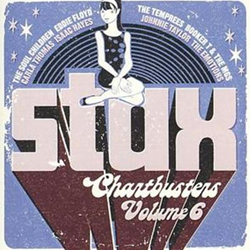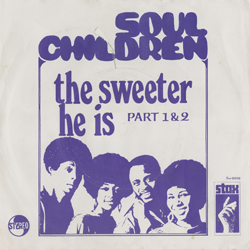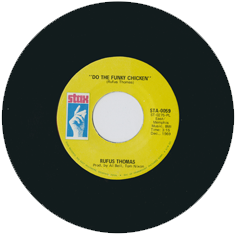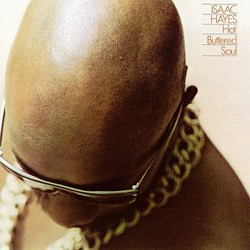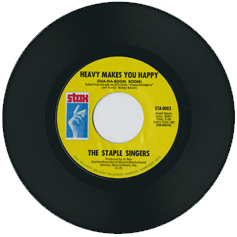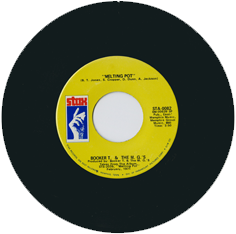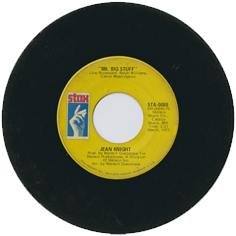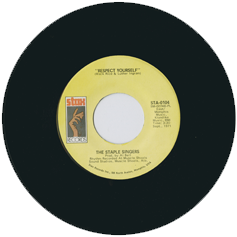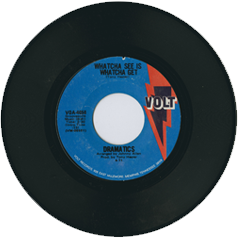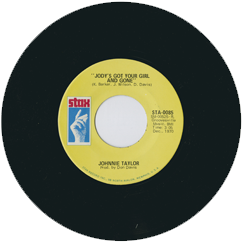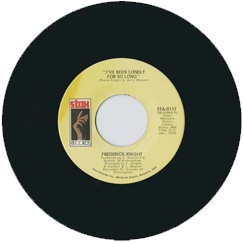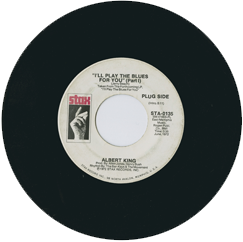
The Great Memphis Sound
Though Stax lost the rights to nearly all of the songs they had recorded when their deal with Atlantic Records crumbled in 1968, they still had the talented musicians, songwriters and producers who had made them. And, they had a new leader with a big plan for the label.
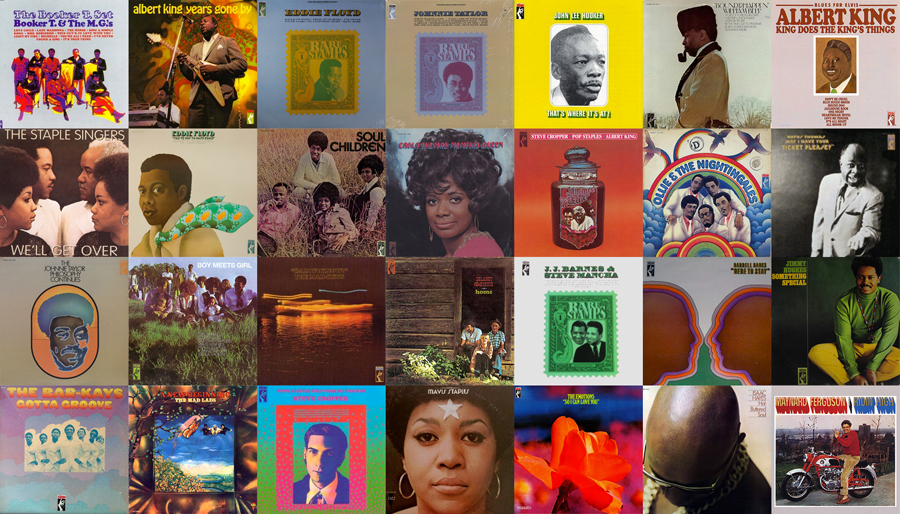
The Soul Explosion
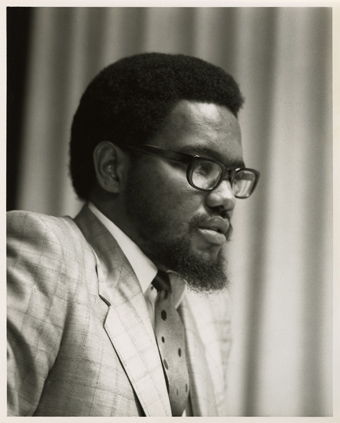
After Estelle Axton left Stax in 1969, Al Bell was promoted to vice president. He quickly realized that Stax needed more than hits if they were going to survive as an independent label. They needed to rebuild their back catalog, and fast. Without songs, the label would lose its relationships with distributors and the funds it needed to survive.
In 1969, Bell steered Stax into a prolific period of recording that united Stax’s creative forces in the common goal of getting the label back on its feet. During the Soul Explosion, 30 singles and 27 albums were recorded in eight months.
Hot Buttered Soul
Al Bell approached Isaac Hayes, a long-time Stax songwriter and studio musician, about recording an album as part of the Soul Explosion, promising him total artistic freedom. With 27 other albums set to be released and no pressure to create a radio-friendly hit, Hayes recorded “Hot Buttered Soul”, a sexy, sprawling four-track epic that included the songs “Walk On By” and “Hyperbolicsyllabicsesquedalymistic".
Despite it’s lack of singles (every song on the record clocks in over five minutes), “Hot Buttered Soul” sold more than 3 million copies in 1969. Hayes’ success, combined with the success of records like Marvin Gaye’s “What’s Going On” made labels more comfortable with Black artists releasing full albums, and it solidified Hayes as Stax’s biggest new star.
The Mood Changes
With its success as an independent label, Stax was able to expand and record albums outside of the McLemore Ave. studio for the first time. However, the prosperity brought a shift in mood as Stax leadership started running the studio like a business, employee handbooks, schedules and all. Though the label was producing hit records, the studio started to feel less and less like a community center and more like an office.
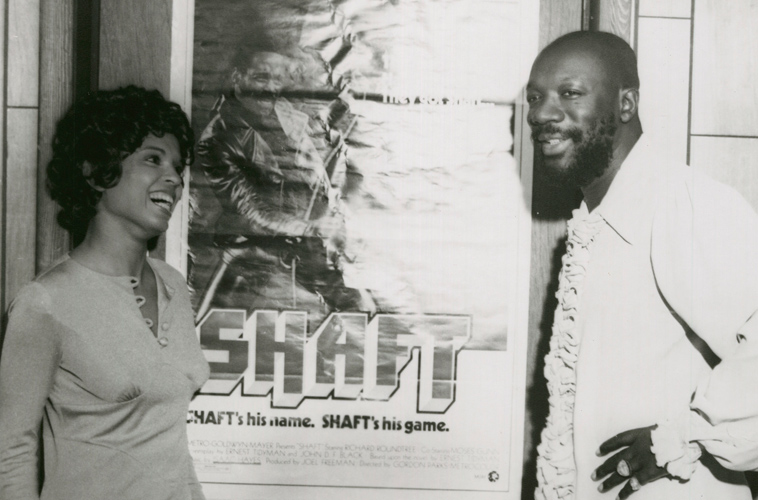
Shaft Released
The intense creativity of the early 1970s was not limited to Stax. Outside of the studio, African-American culture was bursting as the result of the Black Pride movement. Marvin Gaye released the politically-charged record “What’s Going On” and Jean Knight had a hit with “Mr. Big Stuff”, and Earth, Wind & Fire recorded the soundtrack for “Sweet Sweetback’s Baadassss Song”, which is now regarded as the first Blaxploitation film.
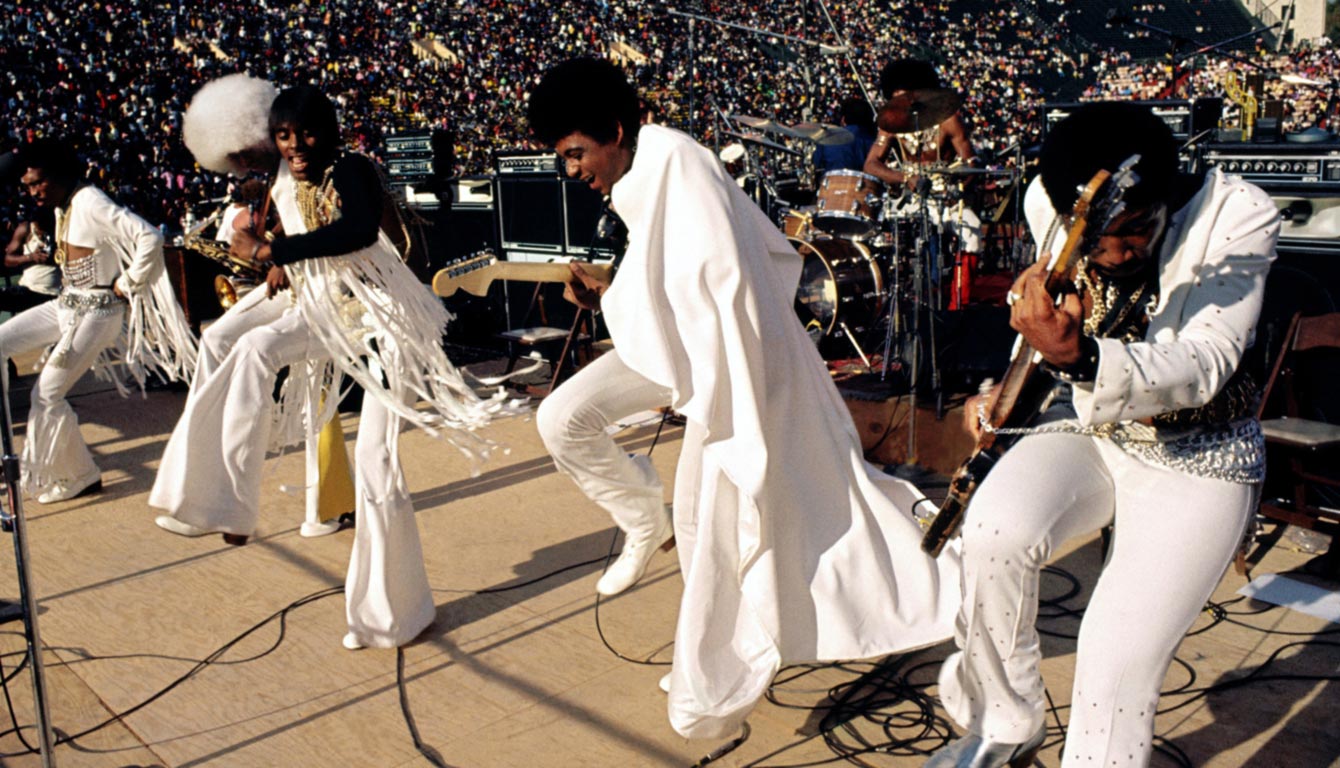
WattStax
Al Bell was on a mission to extend Stax’s reach coast-to-coast, and the seventh annual Watts Summer Festival (commemorating the 1965 Watts Rebellion) provided the perfect stage. Bell sent a significant portion of the Stax roster - Isaac Hayes, the Staple Singers, Rufus Thomas, Johnnie Taylor, the Bar-Kays and others - to play a festival show at Los Angeles Memorial Coliseum on Aug. 20, 1972. The nationwide release of a documentary and live recording of the concert gave Bell the national reach he was seeking, with the record selling more than 500,000 copies just weeks after its release.
Continued Success
Stax followed the success of Wattstax with releases from the Staple Singers, Little Milton, the Soul Children. Ardent Records, one of Stax’s subsidiary labels, put out Big Star’s “#1 Record”, the first by the now-legendary Memphis power-pop band. Outside of the control room, though, the threads holding Stax together had started to unravel.
The IRS Gets Involved
Johnny Baylor, Stax’s formidable private security agent, was detained at Memphis International Airport with $130,000 cash in his briefcase. Though Baylor claimed the cash was his, the incident caught the attention of the IRS, who began to investigate the company.
CBS Distribution Deal Crumbles
Stax’s distribution deal with CBS collapsed in 1972, meaning that, while the label had songs, they had no way to get them into customers’ hands. Unable to sell records, Stax fell deep into debt.
Stax Forced Into Involuntary Bankruptcy
In December of 1975, federal marshals marched into the studio and ordered everyone vacate the building within 15 minutes. The building was seized and the company forced into involuntary bankruptcy after three creditors who had worked with Stax (possibly acting under the influence of the bank) sued the label for unpaid debts totaling $1,900.
The bank took everything, including the master tapes, and Al Bell was escorted from the building at gunpoint. The label that become the community and livelihood of so many suddenly ceased to exist.
